The chief executive officer of Volkswagen Group, or VW, has defended the German multinational automaker's decision to lay off workers and potentially close factories.
Oliver Blume said the company that sells vehicles under the Audi, Bentley, Cupra, Jetta, Lamborghini, Porsche, SEAT, Skoda, and Volkswagen brands has no alternative to considering painful options.
"Fewer cars are being sold in Europe and new competitors from Asia are pushing aggressively into the market," he told the Bild am Sonntag newspaper on Sunday. "The cake has got smaller and we have more guests at the table."
After seeing the value of VW's shares fall by around a third during the past five years, the 90-year-old automotive giant has said it needs to save 4 billion euros ($4.25 billion) through compulsory job cuts. And Blume has said the economic situation the company is facing is now "so serious that we can't simply continue as we were", and that factory closures in Germany are also on the table.
Unions and left-wing politicians have responded by pointing out that the company paid out billions of euros in shareholder dividends last year, which they say suggests VW is in better financial shape than Blume has claimed.
They also say VW is so important to Germany, Europe's largest economy, that downsizing must be avoided at all costs.
Janine Wissler, chairwoman of the Left Party, told the Rheinische Post newspaper: "It is incredibly sleazy that Volkswagen could pay out 4.5 billion euros and now claims that it can't raise 5 billion euros to prevent plant closures and job losses."
But the Federation of German Industries, or BDI, which represents more than 100,000 German companies that employ 8 million people, said the challenges VW is facing are being experienced throughout the country's manufacturing sector.
BDI President Siegfried Russwurm told the Welt am Sonntag newspaper German companies are encountering difficulties because of soaring energy prices, high taxes, layers of bureaucracy, and "unreliable public infrastructure".
"The problems in Germany are obvious," he said while urging the government to intervene.
Chancellor Olaf Scholz has been keeping a close eye on the situation and says he has spoken with union representatives.
He told the Tagesspiegel newspaper his government wants an outcome in which the company manages to "secure jobs and plants".
The company, which was the world's largest automaker by sales volume in 2016, 2017, 2018, and 2019 and the world's largest automaker by revenue in 2022, was seventh in the 2020 Fortune Global 500 list of the world's largest companies.
VW has three joint ventures in China — FAW-Volkswagen, SAIC Volkswagen, and Volkswagen Anhui — and also has production facilities in at least 26 other countries, employing a global workforce of around 676,000 people.








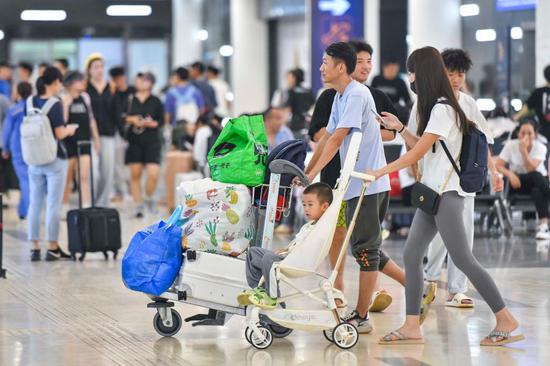
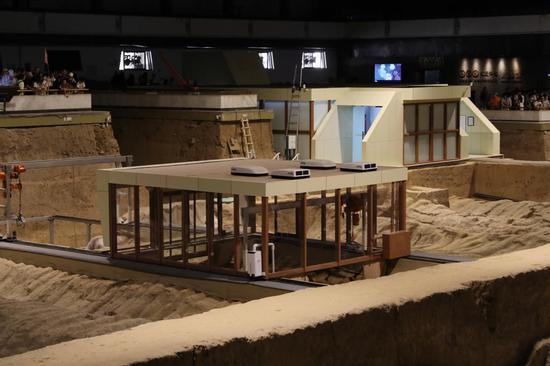
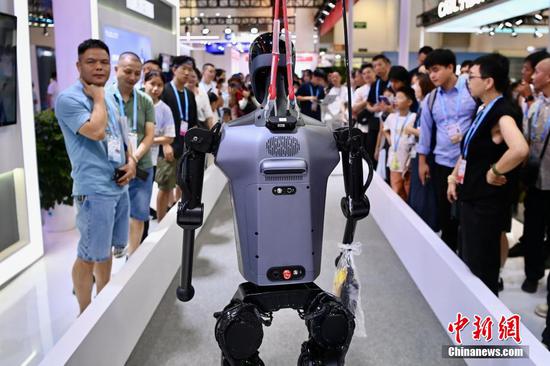
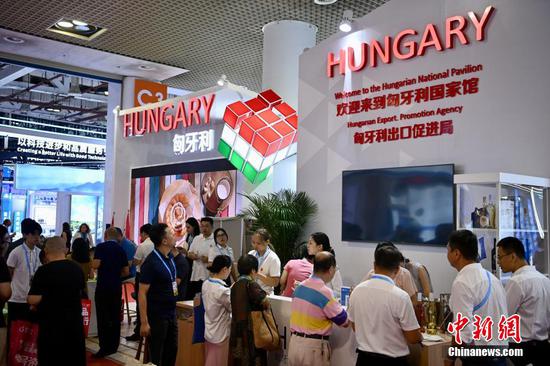
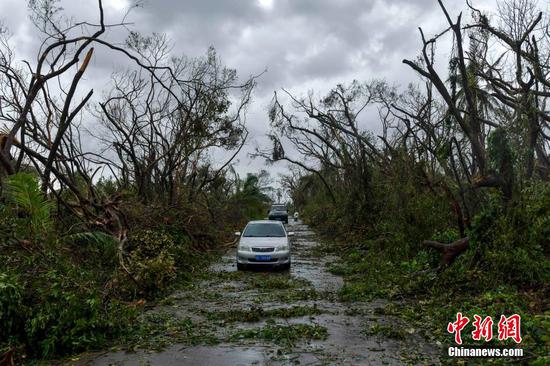

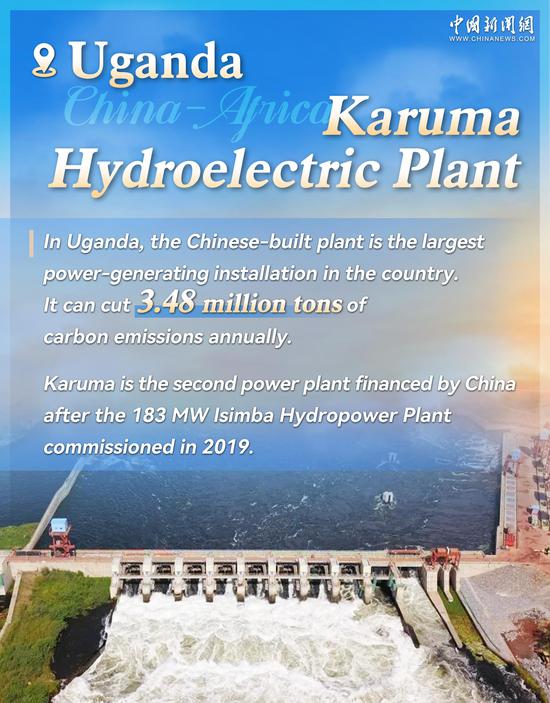
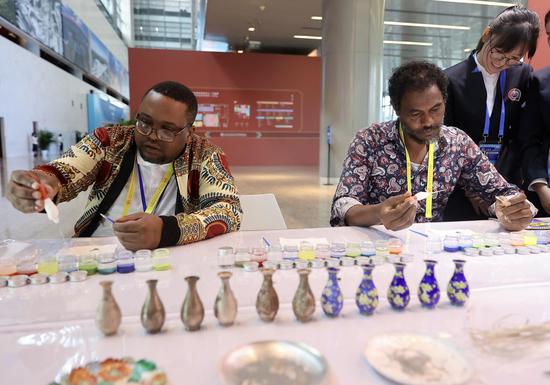
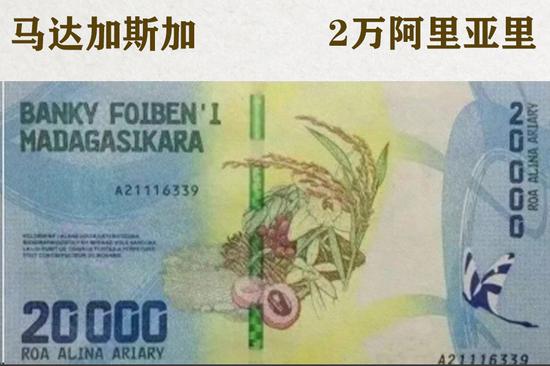
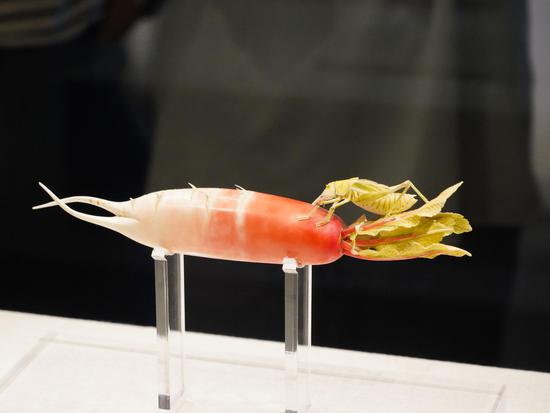
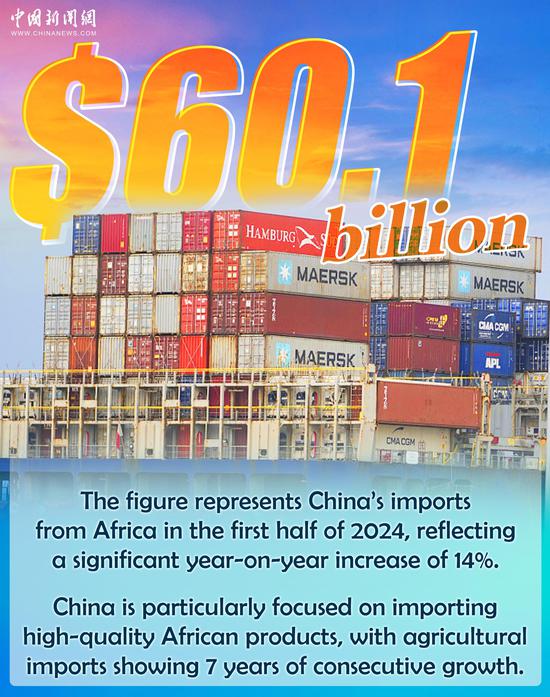
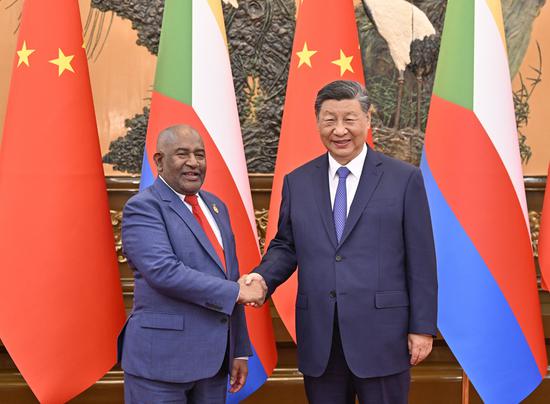

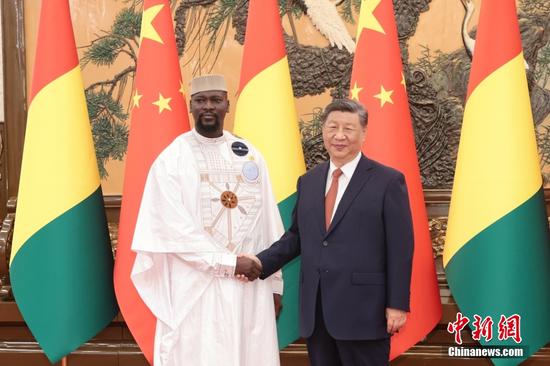
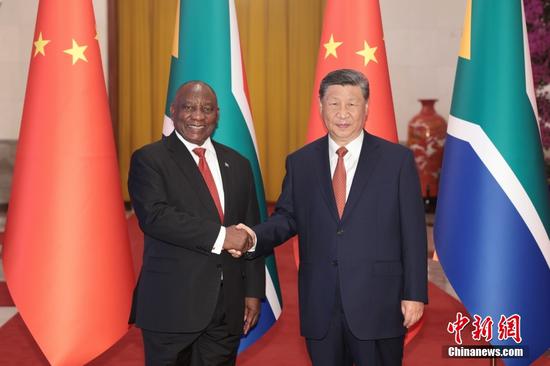
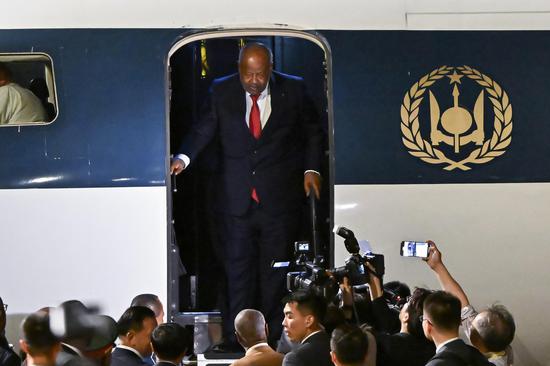
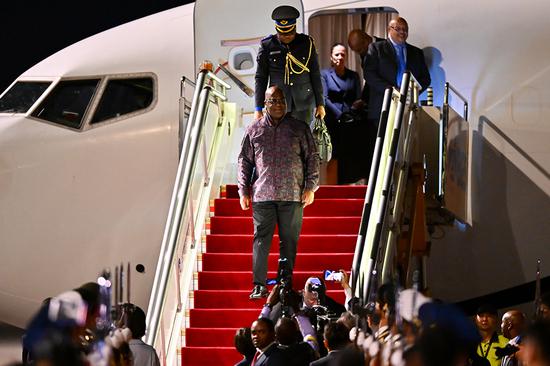
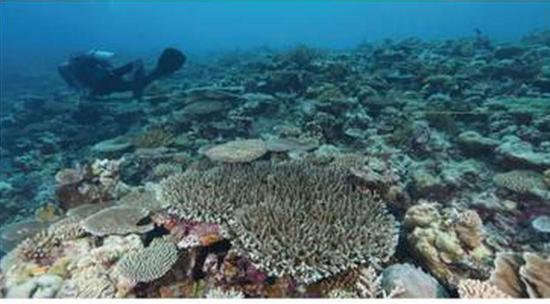
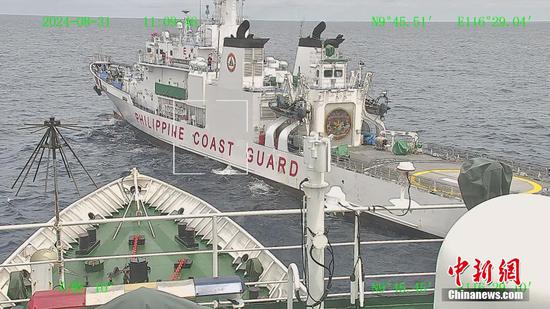
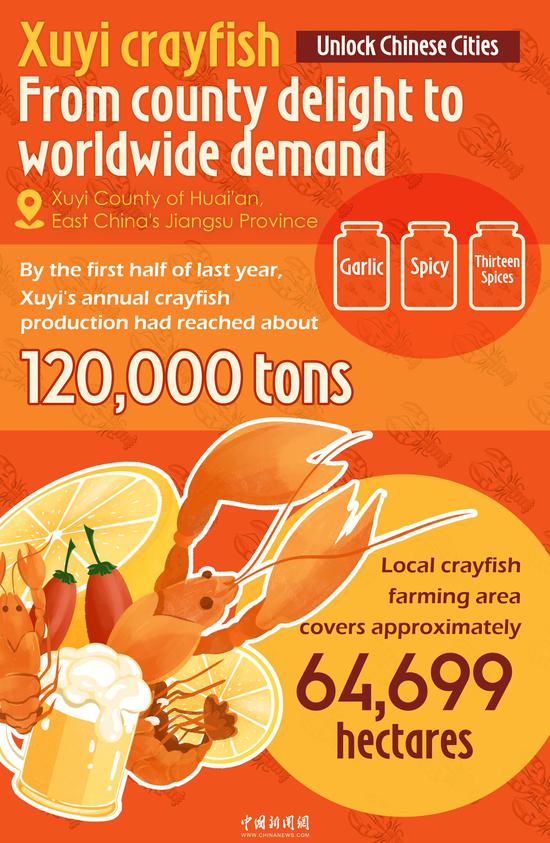
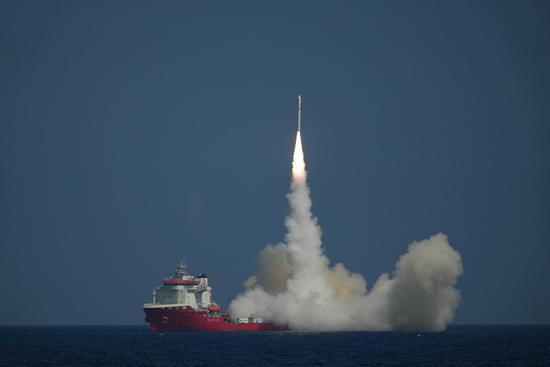
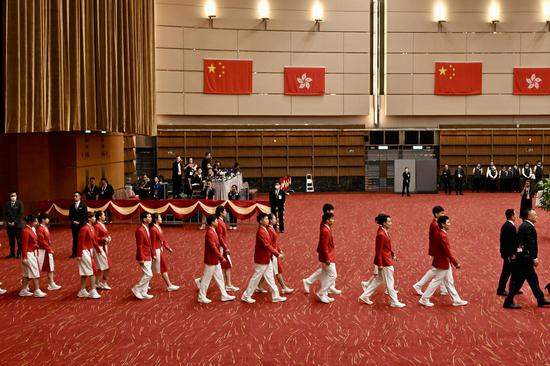


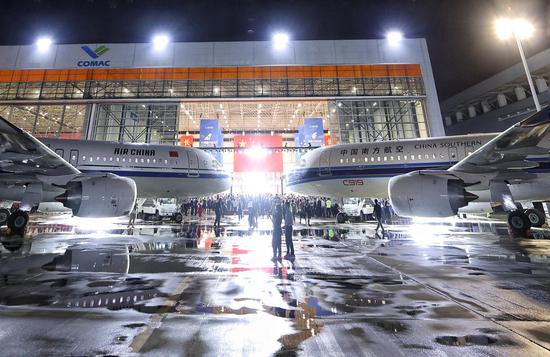
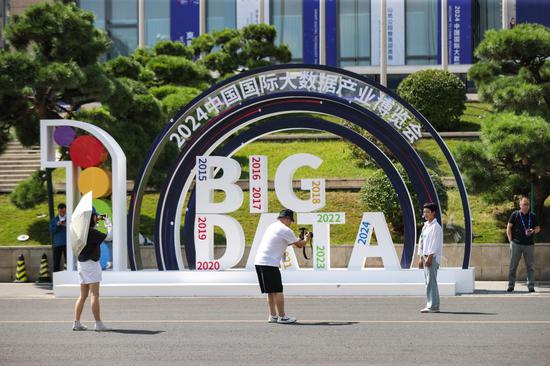
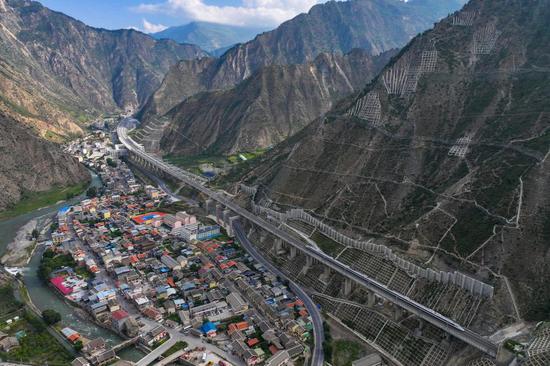
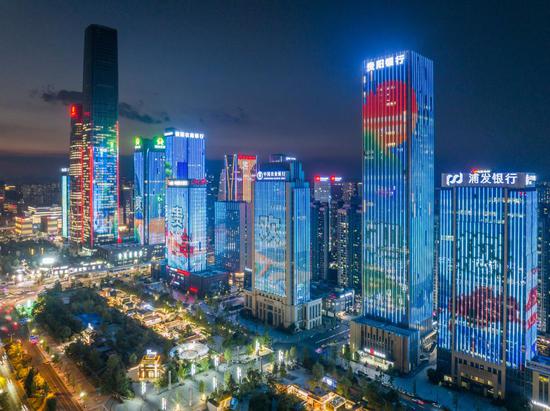
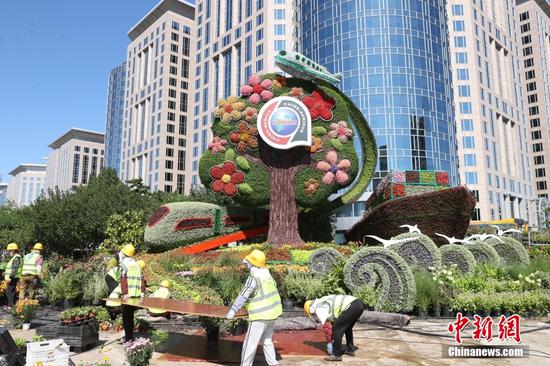
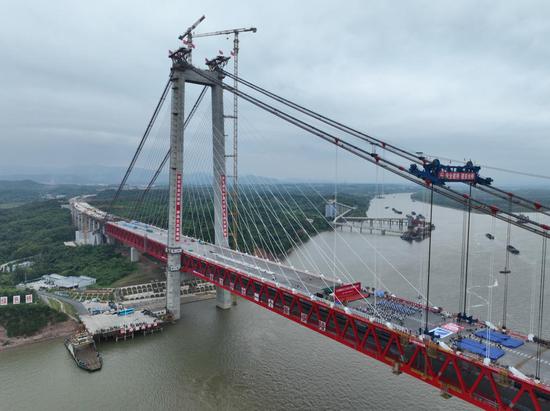

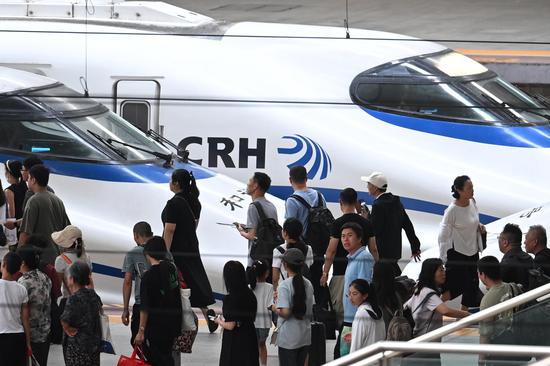
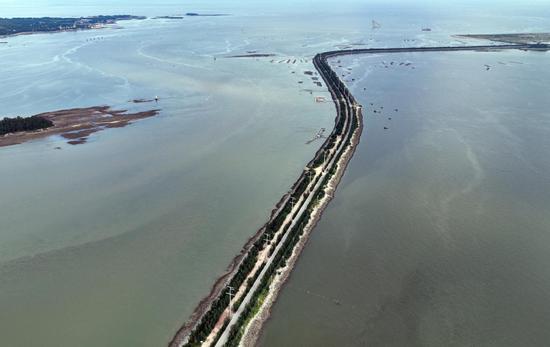
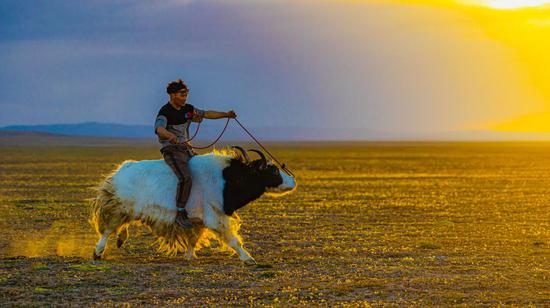
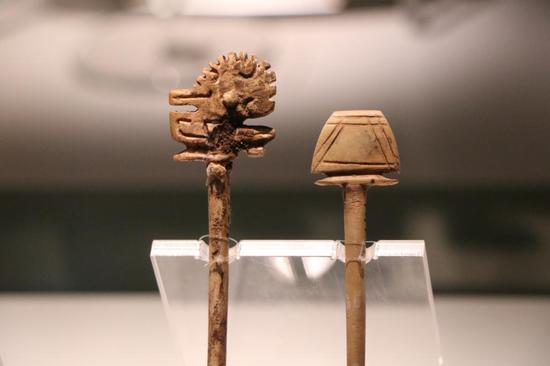



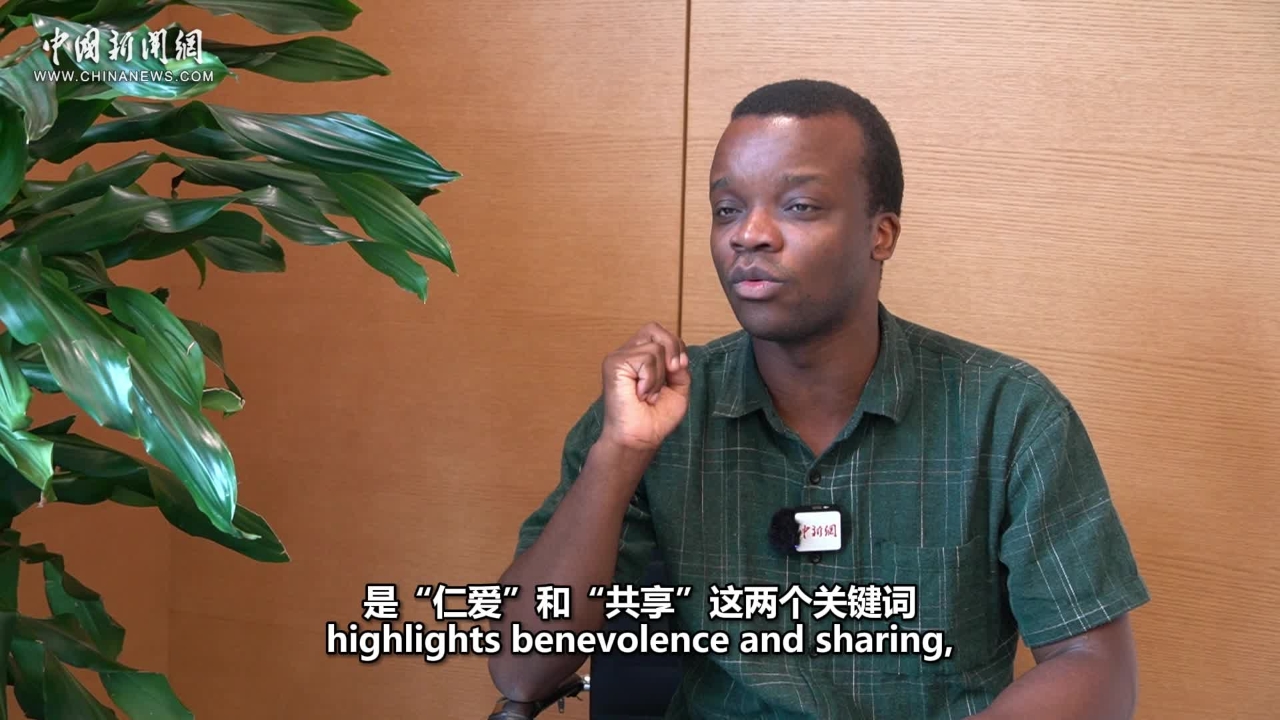



 京公网安备 11010202009201号
京公网安备 11010202009201号